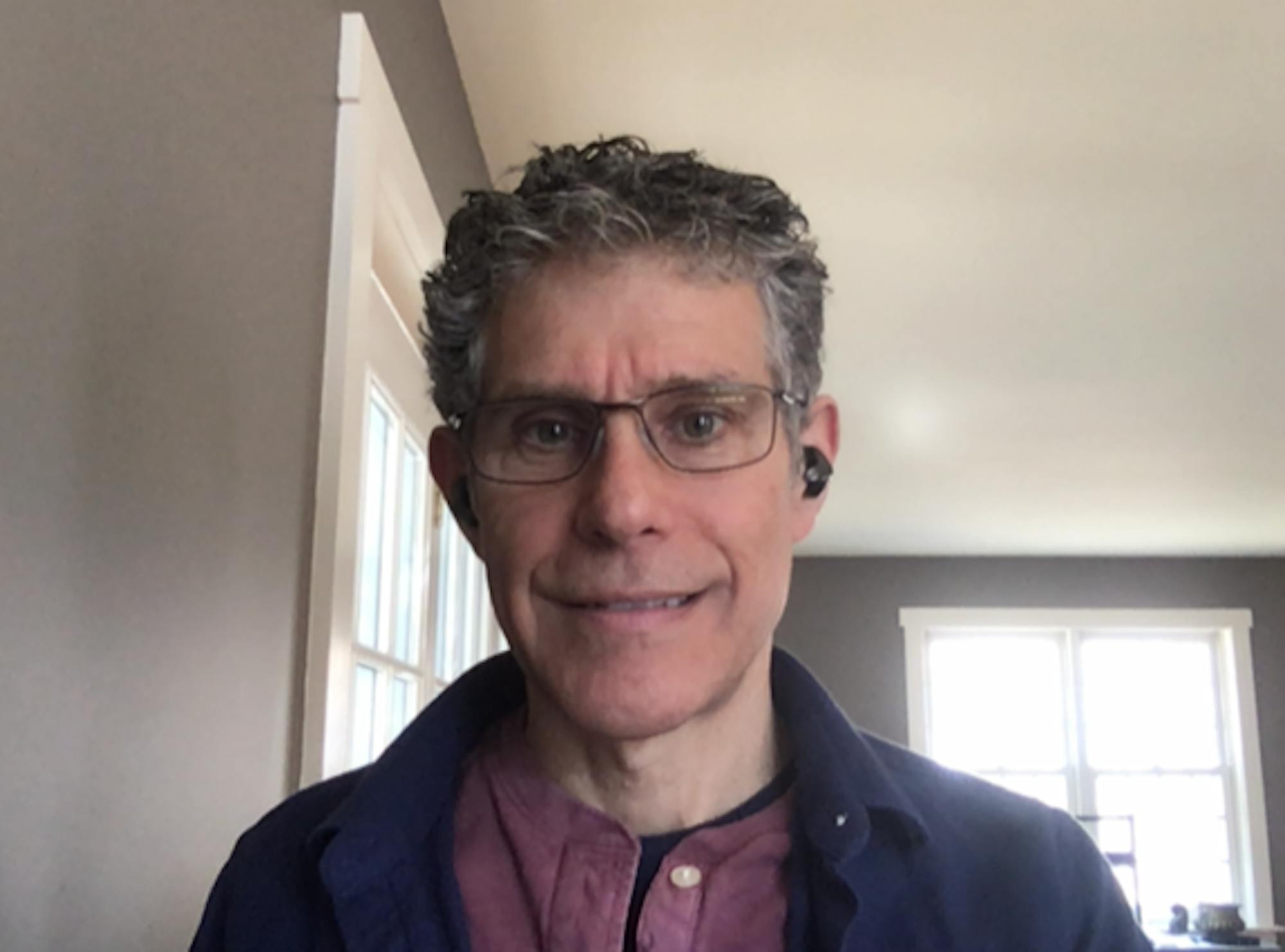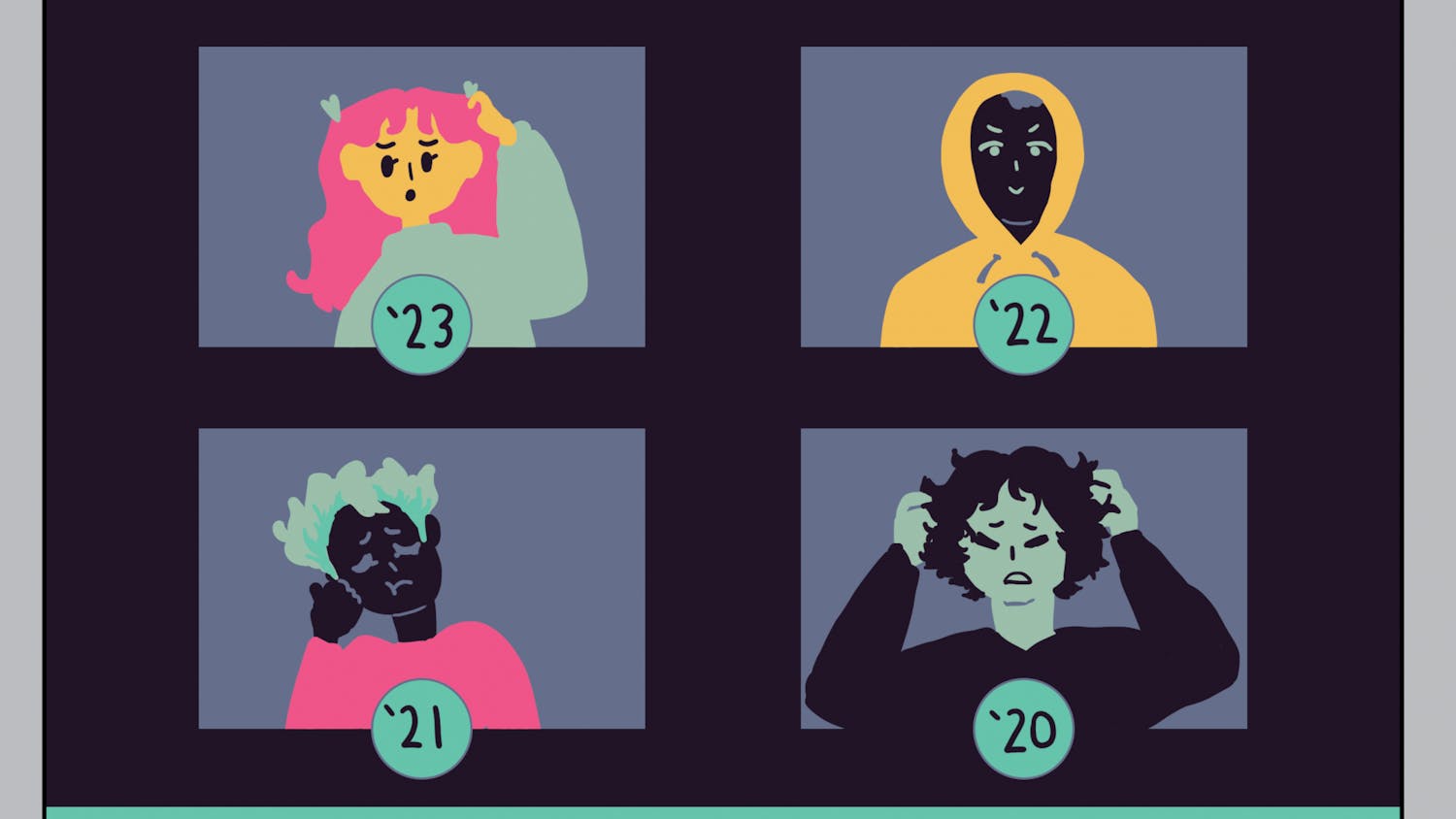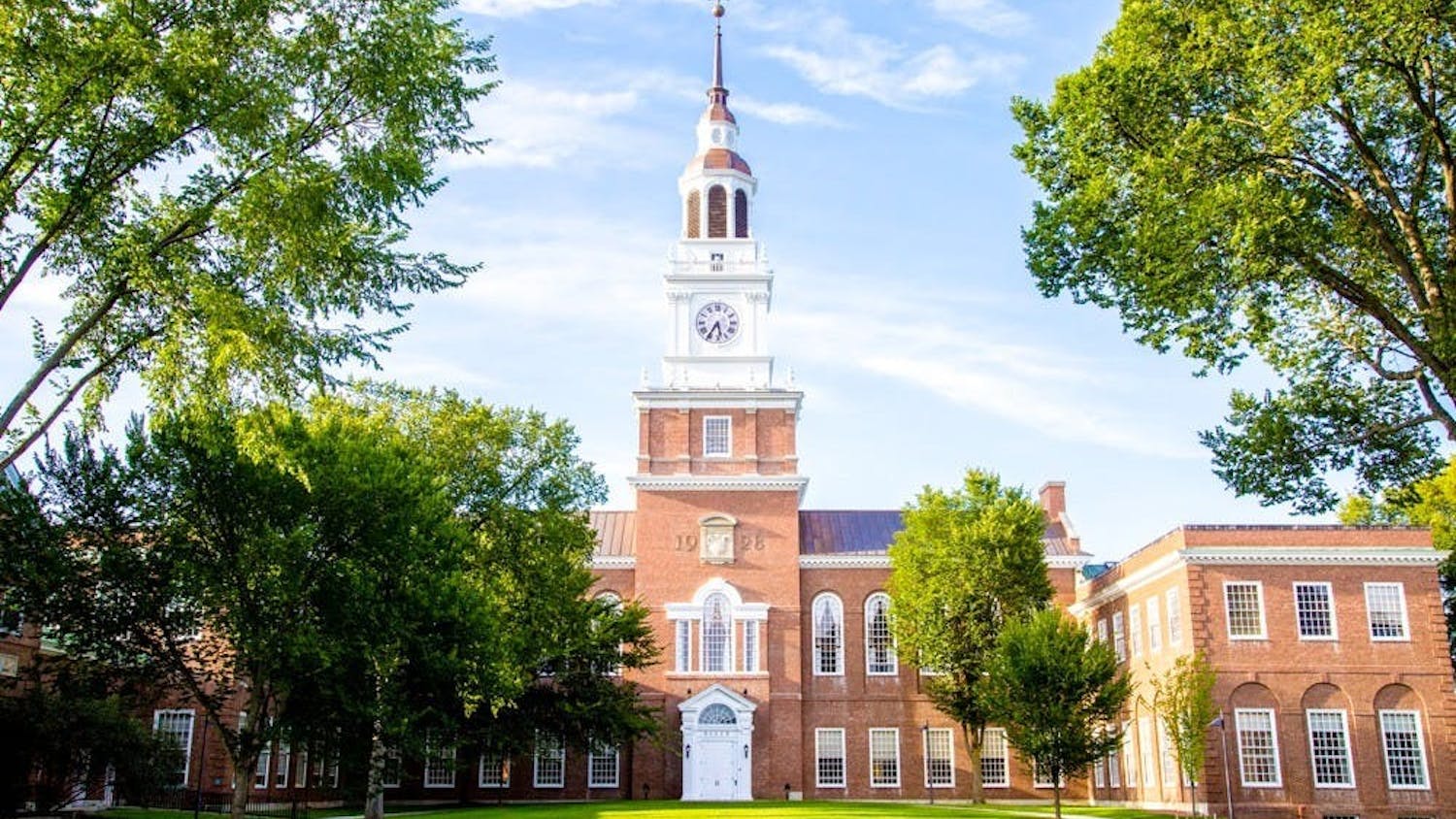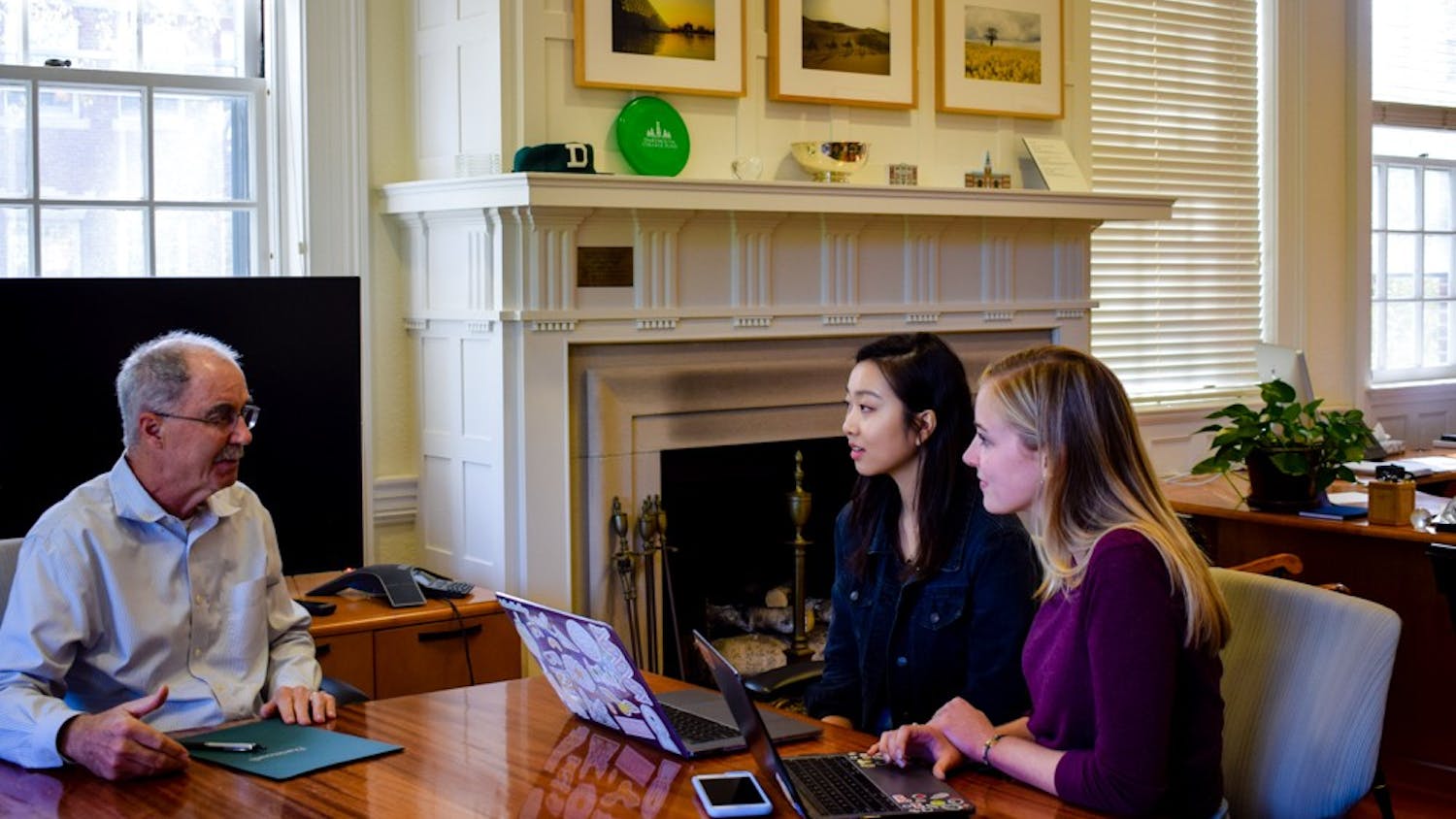These days, it can feel like the coronavirus pandemic is the only topic in the news. It’s understandable, given the massive human toll and global scale of the crisis. However, I, for one, have started scouring the internet for any hint of good news. And I’ve found a source of hope in reports that as humanity lives in quarantine, the health of the environment is improving: There is more and more news now of clearer waters, better air quality and a decrease in pollution.
The larger environmental impact of the global shutdown has the potential to be a turning point in our relationship with the planet. To get some insight into the wider environmental significance of COVID-19, I spoke with environmental studies professor Andrew Friedland, whose research focuses on air pollution and forest ecosystems in New England.
There’s a lot of talk about the environmental “silver lining” of the coronavirus pandemic. What are some of these short term effects we have been seeing?
AF: For a long time, environmental scientists have been saying that the human species is consuming too much, interacting too much with the natural world and encroaching on natural habitats too much. Physical distancing and staying at home has greatly reduced fossil fuel consumption. And we’ll find out, but consumerism in general or certain kinds of wasteful consumerism will probably also have gone down, at least in consumptive societies or parts of societies.
All of those things would have a prediction of reducing environmental impact. We’ve already seen news articles about how air pollution in China went down and air pollution in Italy went down. These are examples of either reductions in fossil fuels or reductions in interactions with the natural environment, and so, yes, if there is a silver lining, it is that we’ve reduced our impact on the natural environment.
What are some ways that our coronavirus response might affect the environment — either negatively or positively?
AF: There’s the chance that in this case, if some of the incentives and programs for restoring the economy include improvements in infrastructure, that might be, for example, public transportation. There could be some ways that this could result in long term improvements in efficiency. Another one is this is seemingly putting some real strains on the fossil fuel industry, so there’s some questions about certain coal and petroleum industry actors that might not recover. That might increase the demand and stability for renewable energy companies.
Anyone who has taken my [ENVS 2, “Introduction to Environmental Science”] class knows that I love to illustrate how we focus on recycling and generating solid waste, but those are relatively small things. The big response would be that short-term, there are reductions in carbon dioxide emissions, which all other things being terrible about this pandemic, is probably a good thing. And then the question is — might it make us a more efficient society afterwards?
Maybe now we’ll realize that everybody can stay at home one day a week and telecommute. That could reduce our consumption of transportation fossil fuels. Maybe people will realize that with their diet, they don’t need to go food shopping three times a week. No one knows, but those are all possible changes that could greatly reduce carbon dioxide emissions to the atmosphere.
Will the short-term reductions in pollution that we’re seeing right now benefit the environment in the long term?
AF: People don’t know. Sometimes there’s the phenomenon of a delay — the classic example is the baby boom post-World War II. Generally during a war, people do not have as many children, and then they make up for it in the years after the war. So it’s not clear if people will “make up for it” and do double the travel in the next few years.
I think Dartmouth undergraduates, graduate students and faculty are a great example, because we are a very mobile group in society, often living on one coast and going to school on another. Assuming we get back to something close to normal, are people going to make up for the traveling they didn’t do and travel twice as much? I don’t know, but these are the kinds of questions that would impact the answer to your question.
This pandemic has been called an “environmental wake-up call.” Is this a fair characterization of the situation?
AF: It is certainly a wake-up call for some people, but you could look to the environmental science literature and see that lots of people have written about this. By having large numbers of the human population over-exploiting natural resources including wildlife and encroaching upon habitats, human beings are in much closer proximity with animals. So when it comes to zoonotic diseases — infectious diseases that transfer from animals to human beings and back — those are certainly on the rise. This has been discussed by some in the environmental science community for a long time.
Do you have any hopes for how the coronavirus pandemic could change our global economy and approach to pollution and the environment?
AF: It might be about making some good out of a terrible human tragedy. I think what a lot of natural and environmental social scientists would say is that we should learn how to be a less consumptive society.
By being forced to do certain things that civil libertarians and people in a democracy would say you can’t make people do — like driving less, flying less and consuming less — people might realize that they can do these things. There’s the possibility that this will be like a forced introduction to a greater level of sustainability.
Maybe when this is all done, our individual carbon impacts and our collective carbon impact as a country will be less. Hopefully it will be.
This interview has been edited and condensed for clarity and length.
Caris is a '23 from Long Beach, CA and is majoring in religion modified with art history. When not editing stories for the Mirror, you can find her playing club soccer, snowboarding at the Skiway or sipping coffee in Sherman Art Library. After college, she plans on attending graduate school in religion.




